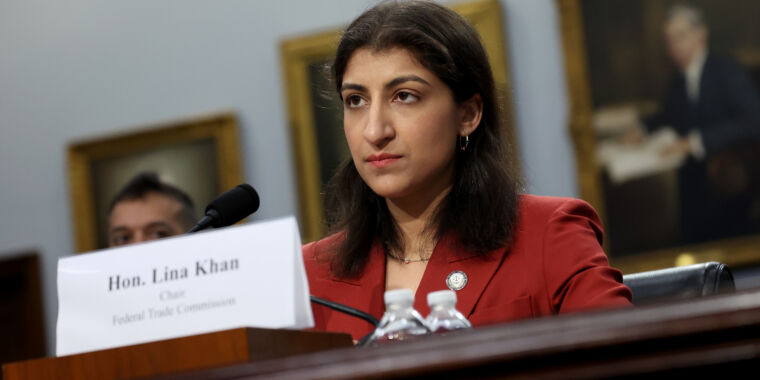The creation of this tool comes as a result of a protracted political battle regarding reproductive rights in the country
The Polish health ministry has unveiled a new pilot program of participating pharmacies, which will provide over-the-counter morning-after contraceptive pills to women in need. The program counts with an interactive online map so the women in need can quickly find the nearest such pharmacy. In addition, the pharmacies will also display that they provide this service by featuring a special label on their façade.
The solution was described as ‘Plan B’ by the Polish government not only because it mimics the popular name of the emergency contraceptive product, but also because it was the authorities’ backup plan in case the conservative president of the country, Andrzej Duda, vetoed the bill that would have introduced prescription-free emergency contraception.
In fact, he did just that continuing a policy initiated in 2017 by the previous government of the national-conservative Law and Justice (PiS) party that made the product available only after doctor’s prescription. The only other country in the EU where this is required is Hungary.
Going around the veto
Still, in order to veto a bill approved by the Parliament, the country’s president needed to provide a justification. Mr Duda used the argument that the morning-after pill is a “hormonal bomb” that could mess up with young girls’ bodies and thus represent a threat to their overall well-being.
His argument was based on the fact that the drug would be available to women aged 15 and above as this is the legal sexual consent age in Poland.
The Polish liberal government, however, upon being faced with the veto unrolled their pilot programme which asked pharmacies to volunteer to be included in a database to dispense the morning-after pill. According to the plan, the participating pharmacists will get the right to prescribe the pill after consultation with the women in a private room within the pharmacy for that purpose.
So far, over 1,050 pharmacies out of the 12,000 in Poland have submitted applications and signed the contract.







Write a comment
Your email address will not be published. Required fields are marked *